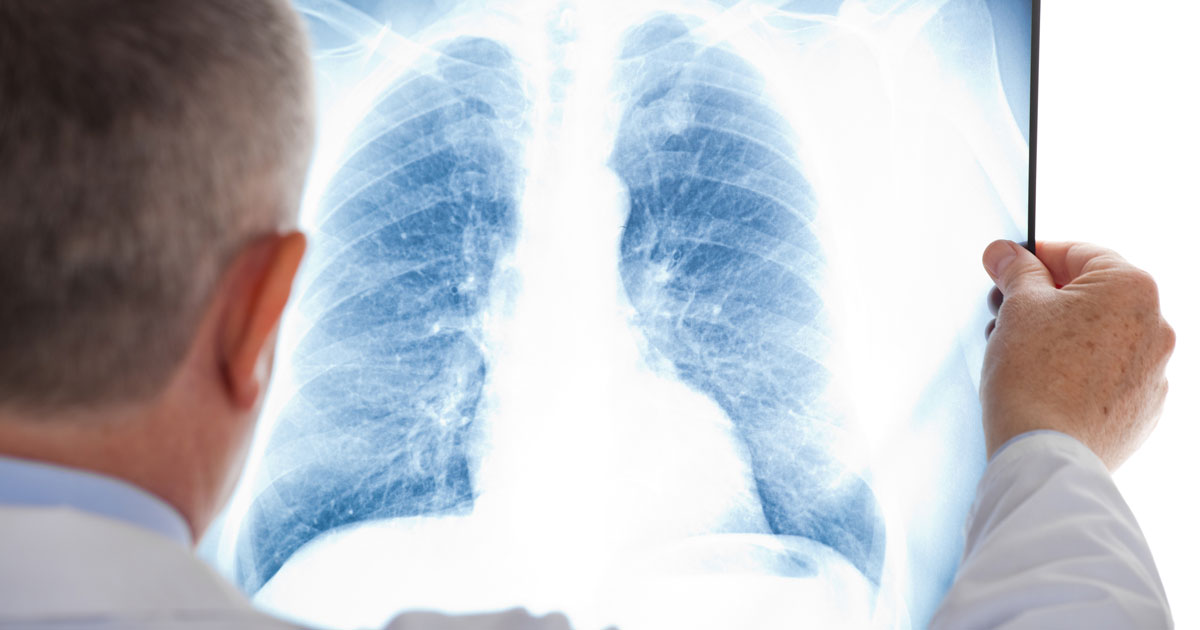Guide To The Causes And Complications Of Large Cell Carcinoma
Pleural Effusion

An individual who has large cell carcinoma can develop pleural effusion as a complication of their malignancy. The pleural space is the area between the chest wall and lungs that is lined with thin membranes called the pleura. The space between these thin membranes in a healthy individual typically contains around a teaspoon of fluid for lubrication and ease of movement. Pleural effusion describes when there is an abnormal accumulation of fluid in the pleural space. This complication develops in large cell carcinoma patients when the cancerous cells from the lungs invade the pleural membranes. The production of the fluid in an affected individual's pleural space becomes increased, and the ability of the lymph system to absorb excess fluid becomes decreased when the cancerous cells have invaded the pleural space. When pleural effusion is the result of the presence of cancerous cells, the medical community refers to it as malignant pleural effusion.
Continue to reveal more large cell carcinoma complications now.
Metastasis

An individual who has large cell carcinoma can experience the metastasis or spread of their cancer to other parts and organs in their body as a complication of their malignancy. Metastatic lung cancer is also commonly referred to as secondary lung cancer in the medical community. The most prevalent organs to be affected by metastatic lung cancer include the bladder, breast, kidney, testicles, bones, colon, rectum, and prostate. Cancerous cells from the lungs can spread when they enter the bloodstream, are absorbed into the lymph vessels, or physically grow through the tissues of the lung into other neighboring structures. Because symptoms of large cell carcinoma do not manifest until the disease becomes advanced, some patients may already have metastatic lung cancer upon diagnosis. The main characteristics of the cancer cells in an affected individual do not change or become altered during this process. The cancer cells just move and live in a new organ or tissue in the body in addition to the lung.
Discover additional complications linked to large cell carcinoma now.
